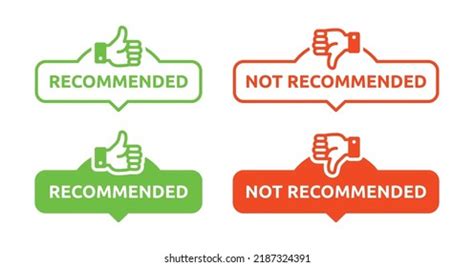What is the recommended frequency for men over 50 to discuss prostate cancer screening with their doctor?

As men approach and pass the age of 50, conversations with their healthcare providers often shift to include age-specific health concerns, with prostate cancer screening being a significant topic. While there isn’t a universally rigid schedule for these discussions, understanding the factors that influence the recommended frequency is crucial for informed decision-making.
Understanding Prostate Cancer Screening
Prostate cancer is one of the most common cancers among men. Screening typically involves a Prostate-Specific Antigen (PSA) blood test and sometimes a digital rectal exam (DRE). However, the benefits and risks of screening, including the potential for overdiagnosis and overtreatment, are complex and highly debated among medical professionals.
This complexity is why the discussion with your doctor is paramount. It’s not just about getting a test, but about understanding what the results might mean for your life and your health.

The Individualized Approach: No One-Size-Fits-All
The frequency of discussing prostate cancer screening is not dictated by a single rule but by an individualized assessment. Several factors contribute to this:
- Age: Screening discussions typically begin around age 50 for men at average risk. For those with higher risk factors, discussions might start earlier, often around 40-45.
- Family History: Men with a father or brother who had prostate cancer before age 65 are at increased risk, often prompting earlier and more frequent discussions.
- Ethnicity: African American men have a higher risk of developing prostate cancer and at an earlier age, which also warrants earlier and more frequent discussions.
- Overall Health and Life Expectancy: For men with significant other health problems or a limited life expectancy, the potential harms of screening and treatment may outweigh the benefits.

Professional Guidelines and Evolving Recommendations
Major health organizations offer varying guidelines, highlighting the importance of the doctor-patient dialogue:
- American Cancer Society (ACS): Recommends that men have a discussion with their doctor starting at age 50 (average risk), 45 (high risk), or 40 (very high risk) about the pros and cons of testing. If screening is chosen, it often occurs annually or every other year, depending on PSA levels.
- U.S. Preventive Services Task Force (USPSTF): Recommends that men aged 55 to 69 should make an individual decision about being screened for prostate cancer with a PSA test, in consultation with their clinician. For men 70 and older, they recommend against PSA screening.
These guidelines are dynamic and reflect the ongoing research into the effectiveness and impact of screening. Your doctor stays abreast of these changes and can provide the most current, evidence-based advice.

The Shared Decision-Making Process
Rather than a fixed schedule, the focus is on shared decision-making. This means you and your doctor discuss:
- Your personal risk factors: Age, family history, ethnicity.
- Your preferences and values: How you weigh the potential benefits of early detection against the risks of screening (false positives, anxiety, biopsy complications) and treatment (incontinence, erectile dysfunction).
- The latest medical evidence: Your doctor will explain what is currently known about prostate cancer screening.
This discussion isn’t a one-time event. It’s an ongoing dialogue that may evolve as you age, your health status changes, or new research emerges.

When to Revisit the Discussion
Even if you’ve had an initial discussion and decided on a course of action (or inaction), several situations warrant revisiting the topic:
- Change in Health Status: New symptoms or significant changes in overall health.
- New Family History: A close relative is diagnosed with prostate cancer.
- Aging: As you pass into new age brackets (e.g., from 50s to 60s, or 60s to 70s), the risk-benefit analysis may shift.
- Personal Preference: You may simply feel differently about screening as time passes.
- New Medical Information: Your doctor may proactively bring it up if new, relevant guidelines or research emerge.
Generally, an annual wellness visit is an excellent opportunity to touch base on this topic, even if it’s just to confirm that your previous decision still stands.

Conclusion: Proactive Dialogue is Key
For men over 50, the recommended frequency for discussing prostate cancer screening isn’t a rigid timetable, but rather an ongoing, personalized conversation with their healthcare provider. It should be driven by individual risk factors, evolving medical guidelines, and a shared decision-making process that respects your personal values and preferences. Proactive and open communication with your doctor ensures you make informed choices that are best for your long-term health and well-being.









